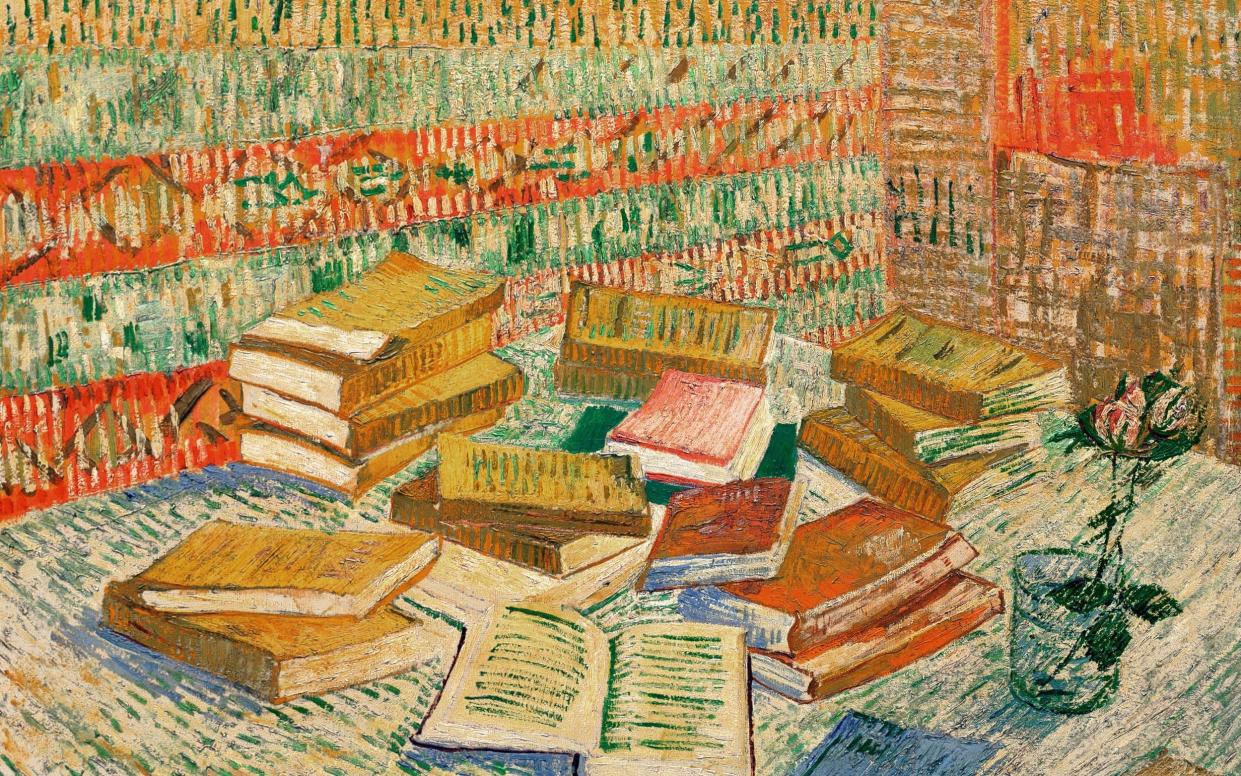Do you know the difference between ‘codger’ and ‘cadger’?

If you’re lucky enough to have studied the languages, literatures and cultures of central Europe, Scandinavia and Russia, at the University of Minnesota, at any time since the mid-1970s – and the Telegraph is the kind of newspaper whose readers may well have done – you’ll be familiar with the work of Anatoly Liberman, professor of Germanic philology in the university’s Department of German, Nordic, Slavic and Dutch.
If not, never mind. You may nonetheless be familiar with Liberman’s many published works on etymology, including the recent, delightful Take My Word for It: A Dictionary of English Idioms (2022), or his Analytic Dictionary of English Etymology (2008); or you may have encountered him in his online incarnation as the Oxford Etymologist, the blogger whose astonishing columns have been appearing on the Oxford University Press website every Wednesday for almost 20 years. His new book, Origin Uncertain: Unravelling the Mysteries of Etymology, is an edited selection of those blogs, which chronicle his lifelong pursuit, in “20 or so languages”, of the origins of various adjectives, nouns and verbs.
“Studying word origins,” writes Liberman, “is like participating in an eternal carnival. Masks beckon to you, invite, tease, give a kiss, or bamboozle by unrealistic promises.” He’s one of those rare scholars who’s able to enthuse you with the most arcane details of his research: the story of the search for the origins of a word, he claims, should read like a “good detective story”.
And it does: it’s peculiarly thrilling to join Liberman on his hunt through ancient and dusty volumes to discover the original impulses and ideas which gave us, for example, “alairy”, “aroint”, “galoot”, “wayzgoose”, not to mention his unearthing of the intimate relationship between “punk”, “spunk” and “funk”, the peculiar charms of “dildo” and “theodolite”, and the ups and downs of “bigot”, “bugger” and “beggar”. To Liberman, every word seems like a person, with a personality and a history: he’s forever alert to the “rampant homonymy” among words, he says that “henchman” has “seen better days”, and warns us to keep an eye on “codger” and “his evil brother ‘cadger’”.
In particular, Liberman spends a lot of time going after the history of the fun words – catawampus, pettifogger, plug-ugly, hobbledehoy – and throws in an occasional aside on similes, metaphors and phrases: “As a final flourish, this may be a proper place to cite the simile as black as the Devil’s nutting bag.” But the most fascinating etymologies he unearths – like his hero, the great etymologist Walter W Skeat, who “broke many a spear defending the simplest etymology” – are those of everyday words associated with everyday life, such as “house”, “home” and “bed”.

Liberman is possessed of a wonderfully odd, arch style: it can be stern and stooping in its manner, but has a twinkle in its eye. He comes across like an ancient Willy Wonka, herding uncomprehending children through his vast linguistic factory: “Although everything is grist that comes to my etymological mill, I try to read only such articles as hold out some promise of containing material useful to me, and my subject is the origin of English words and of their immediate cognates”; “I doubt that many people are in the habit of reading The Eclectic Magazine of Foreign Literature, Science, and Art, once published in New York, and will therefore quote a passage from its volume for 1865, with the sole purpose of providing entertainment.” He’s forever fending off fake and fantastical etymologies, doggedly battling through towards the truth. Obstacles and enemies are everywhere.
Origin Uncertain is both entertaining and fascinating. It also has about it the undoubted whiff of a farewell, a final self-portrait by a man who has devoted a lifetime to the endless challenge of trying to say what you mean and mean what you say. “In German,” he remarks, “they say that high climbers and deep swimmers never grow old and don’t die in their beds. By contrast, most etymologists do. It is their problems that never grow old.” Liberman is in his late 80s. One hopes that younger scholars, possessed of similar wit, now take up the gauntlet.
Origin Uncertain is published by Oxford University Press at £22.99

 Yahoo News
Yahoo News 
